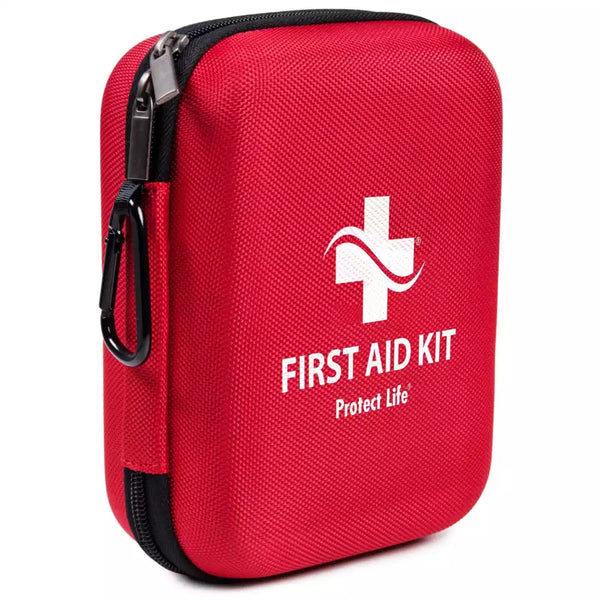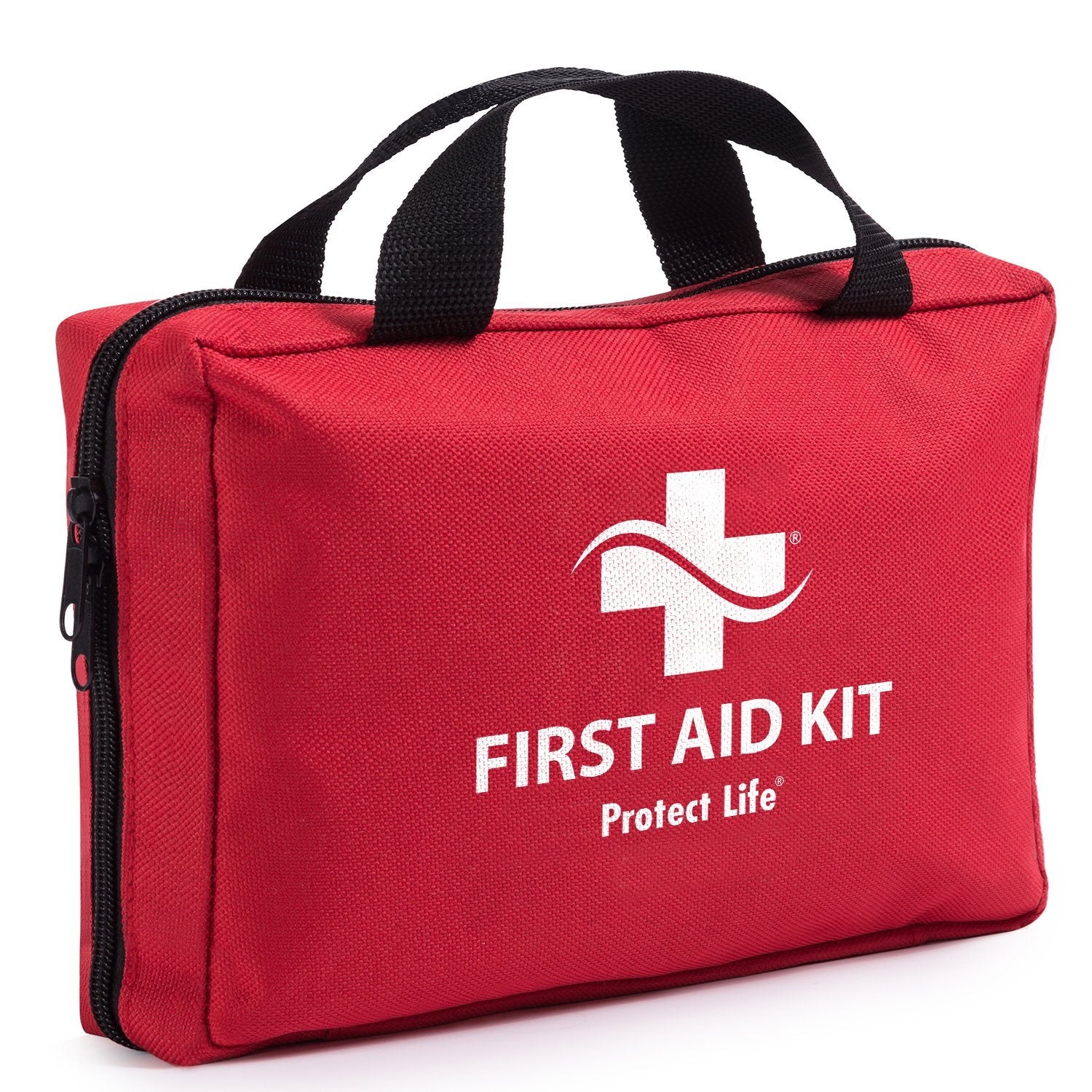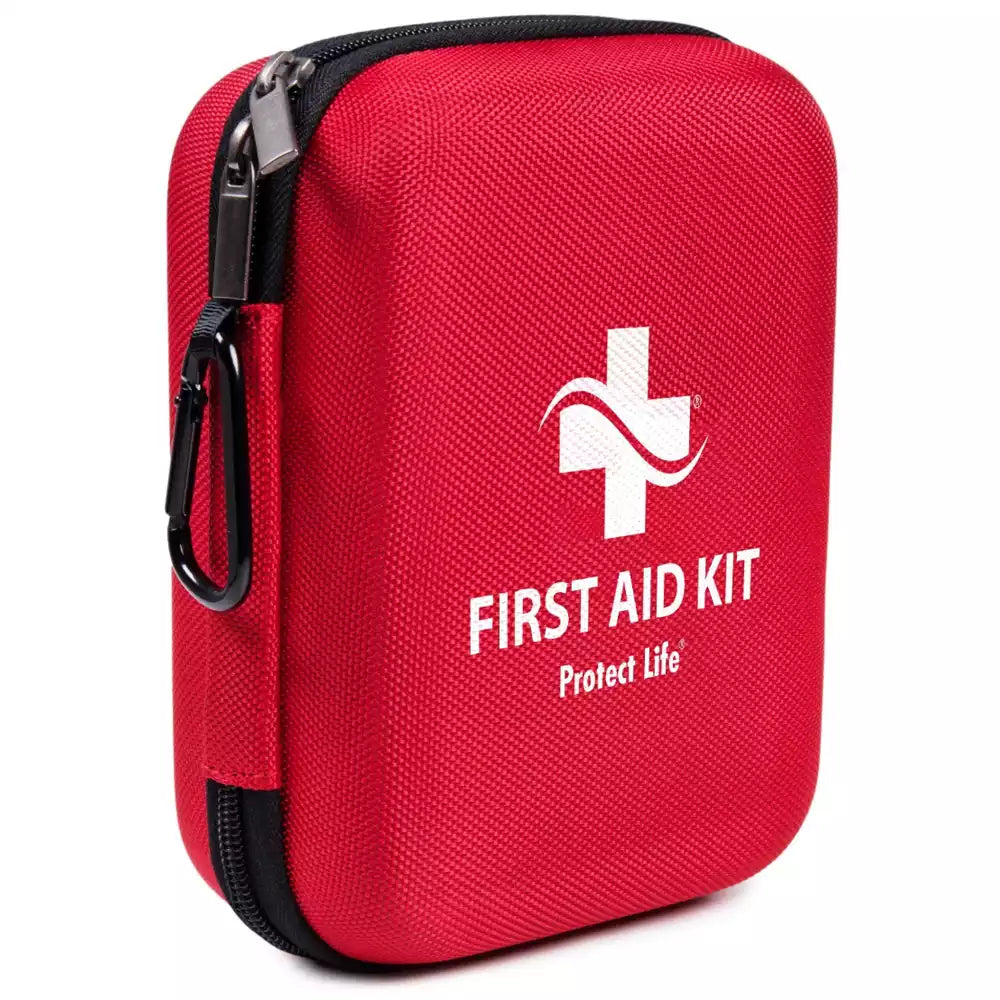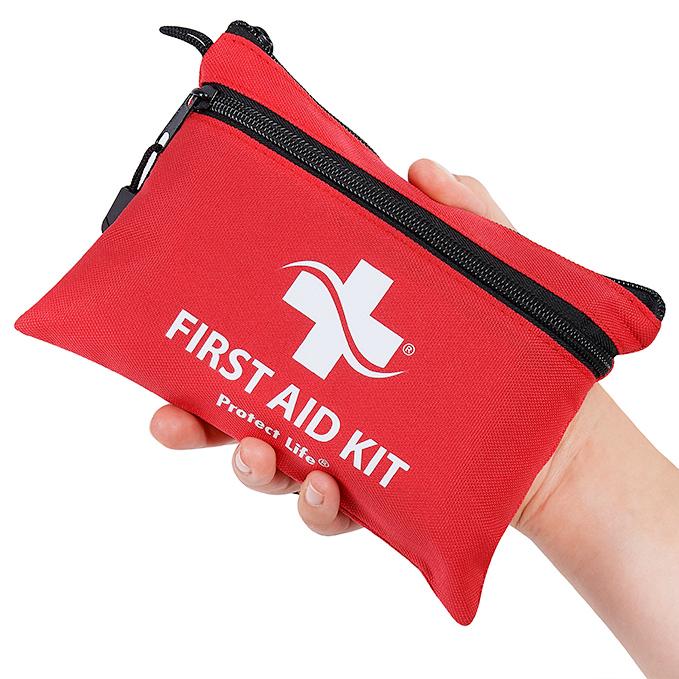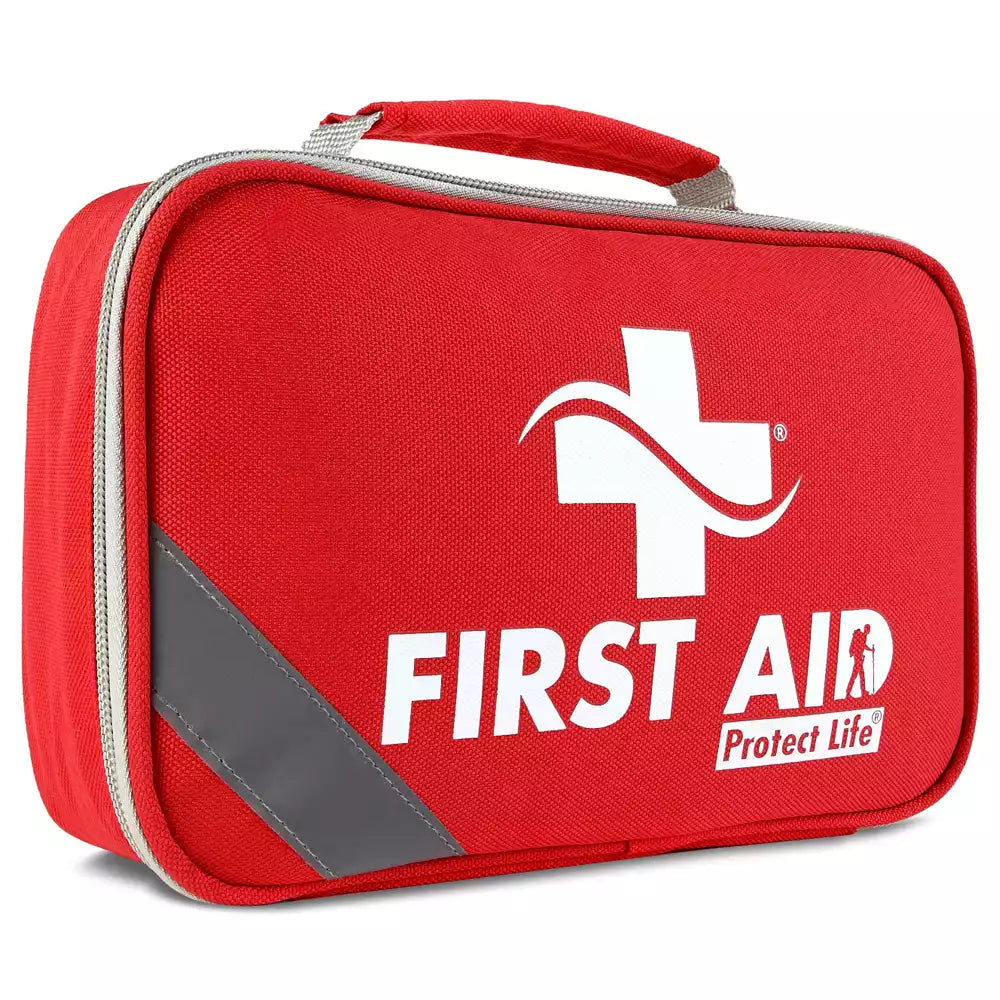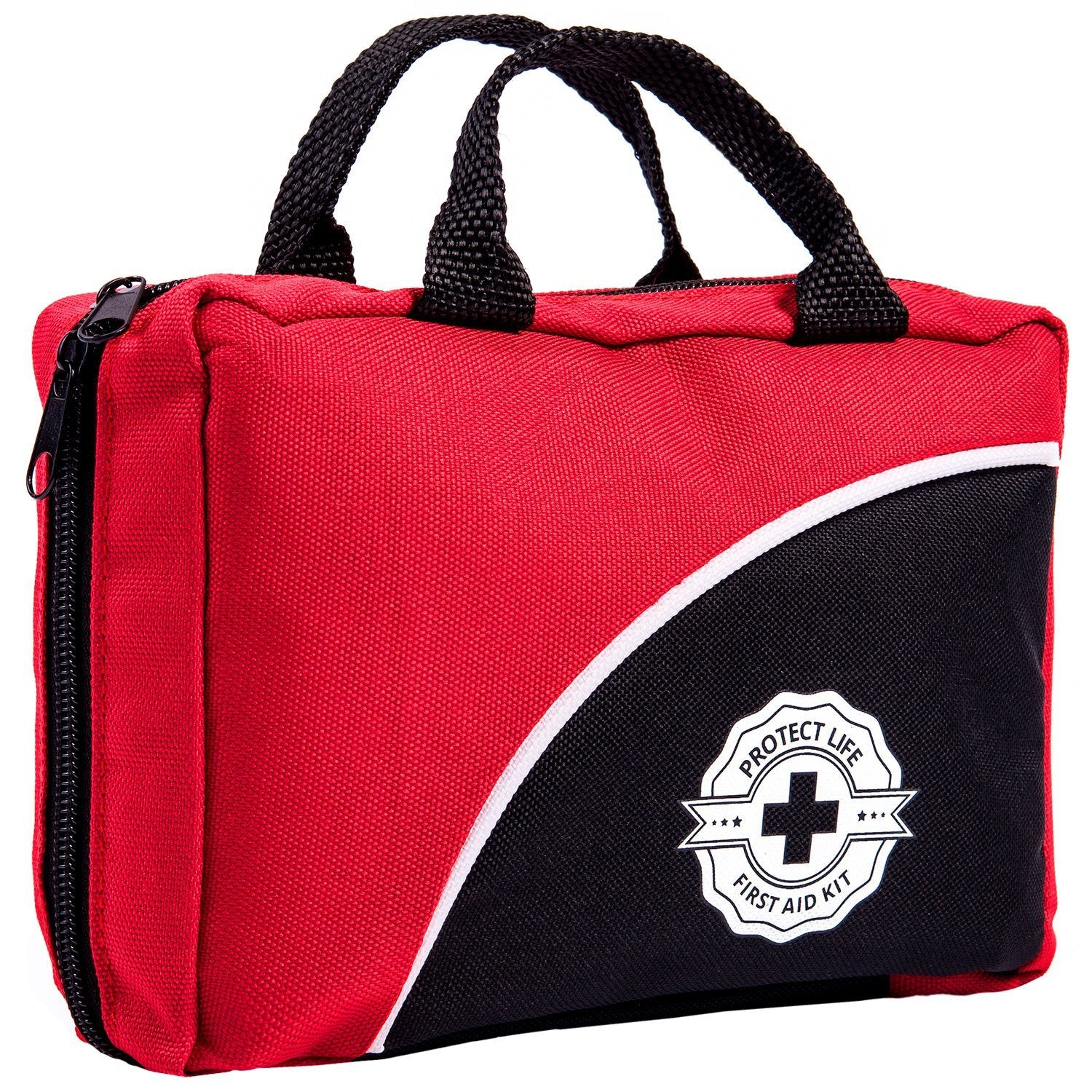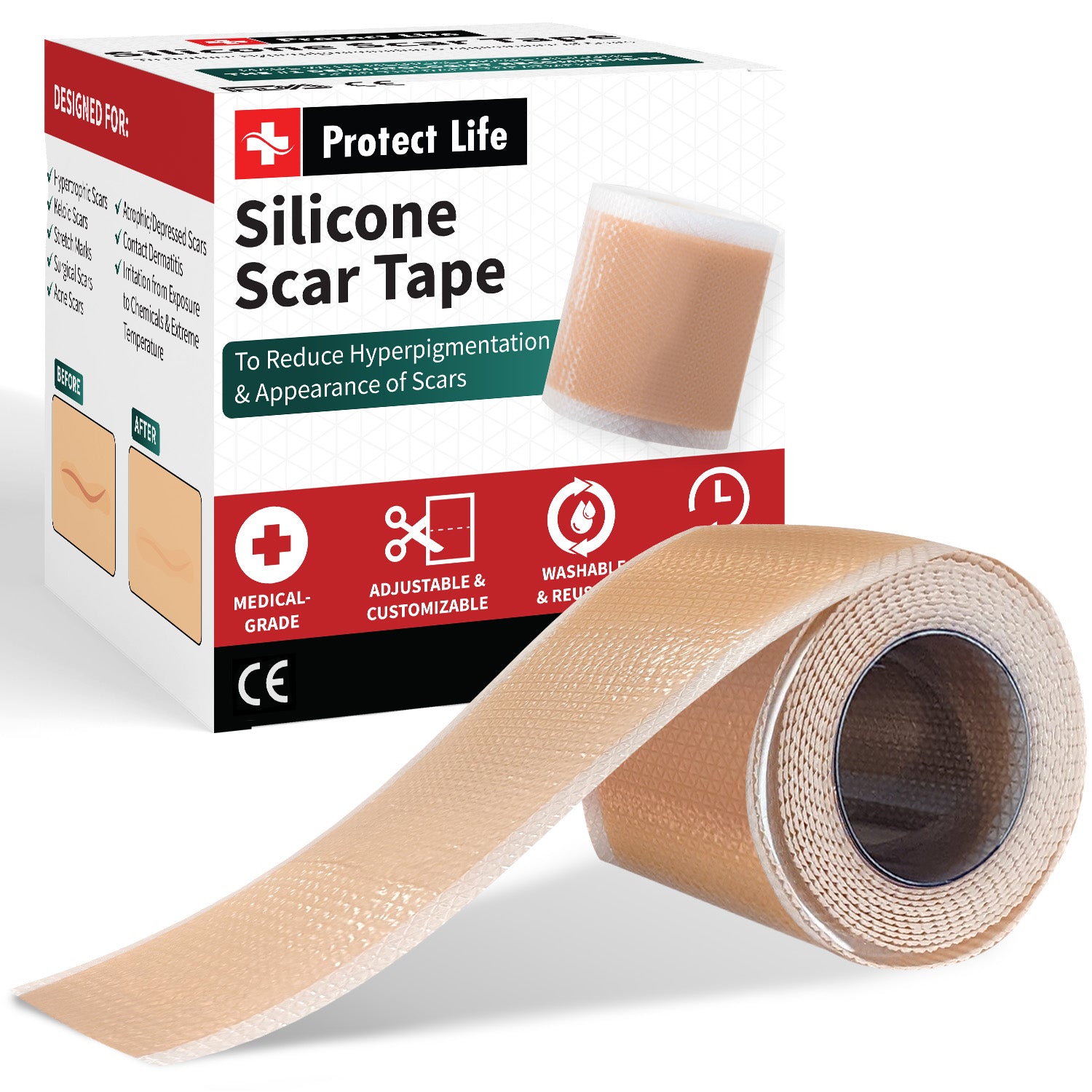When emergencies occur, you may need to survive on your own. This means that you cannot rely then on yourself for at least three or four days; this is why survival experts recommend that you should have enough supplies to last a week.
Although different authorities and emergency services will be on the scene after a disaster, they cannot reach everyone immediately. You could get help in hours, or it might take days. Also, basic services we are used with such as gas, electricity, water and sewage treatment and even phone signal can be cut off for many days and even weeks.
Our survival specialist created the following checklists to help you and your family prepare for a natural or man-made disaster:
Water
Fresh water should be a top priority, used for drinking, cooking and cleaning purposes. A good rule of thumb is to have one gallon of water per family member per day. Drinking water should not be rationed, as it is necessary for bodily functioning. Keep water in durable containers that can be easily taken in case of evacuation. Change stored water every six months. Plan on storing a two-week supply for each member of your family.

Food
People can survive on half their normal food intake for long periods of time; if necessary, one can go many days without food. Unlike water, food can be rationed. Store non-perishable, ready-to-eat foods in a cool, dry place. Pay special attention to expiration dates on packaged foods, and replace items as needed. Choose foods with high nutritional value; include items for infants or people on special diets.
The most important item to keep on hand is fresh water, followed by food.

First Aid
Keep a fully stocked first aid kit ready for potential injuries. Protect life first aid kits include everything you would need in case of disaster and emergencies, including a first aid brochure containing the necessary instructions for wound care.
Our specialists recommend that you store the first kit in your home and smaller ones in your vehicles. If you require prescriptions or individual medical supplies, consult your physician or pharmacist to see if it is possible to stock up on these.
Besides the regular first aid kit, our specialists recommend keeping a pack or two of N95 disposable dust masks which can protect your health in case of a natural or man-made disaster with high volumes releases of dust, smoke or chemical particles in the air

Tools and Emergency Supplies
Keep tools and other special household supplies for repairs and general use at home during a disaster. In particular, make sure you have the following:
o Portable, battery-powered radio or television
o Flashlights, one for each family member
o Matches
o Wrenches, pliers and other common tools
o Duct tape and scissors
o Plastic sheeting
o Fire extinguisher
o Battery-powered alarm clock
o Can opener
o Kitchen utensils, cups, and plates
o Re-sealing food containers
o Towels and blankets
o Sleeping bags and pillows
o Extra clothes and cold weather gear if necessary
o Toiletries and personal care items
o Disinfectants and cleaning supplies
o Car supplies, such as jumper cables and road flares
o Personal Items
Store your family's personal identification, driver's licenses, credit cards, cash and other important documents in a safe place. Have personal items such as clothing and toiletries packed in durable backpacks or luggage and containers with sturdy handles.
Preparing Your Vehicle
You may have to rely on your vehicle to evacuate an area. Be prepared by having the following in order:
o Try to keep at least half a tank of gas in one vehicle large enough for your whole family. This is enough gas to travel over 100 miles for most vehicles, far enough to avoid any potential dangers near your home.
o Unload any large items stored in your automobiles, in case you have to leave quickly.
o Store all your supplies in one area, near your vehicle if possible, so that they can be taken with you if you need to evacuate the area.
o Keep a map on hand, and familiarise yourself with area roads and escape routes. Consider alternate routes in case of traffic or road blockages.
Other Preparation Tips
Rehearse your disaster plans with all family members. Have a means of contact if anyone becomes separated, such as a general meeting place or a phone number everyone should call. Keep cell phones and extra batteries charged. Make sure everyone knows how to react to an emergency and assign tasks for each family member in the event of the disaster.
It is also recommended that all your family members should know the basic first aid rules, which are the components of a first aid kit and how to use them properly.

Remind everyone that, in the case of an emergency, it is important to stay calm and put the situation into proper perspective. Even in times of fear, uncertainty, and doubt, you should go about your daily activities as usual because the likelihood of a disaster taking place near you is slim. No one can predict a disaster, and if you have stocked the necessary supplies and developed a disaster plan with your family, you have done your best.
If you have more tips or questions please comment below and our survival specialist will be happy to answer! Don’t forget to order your survival first aid kit for disaster preparedness!

